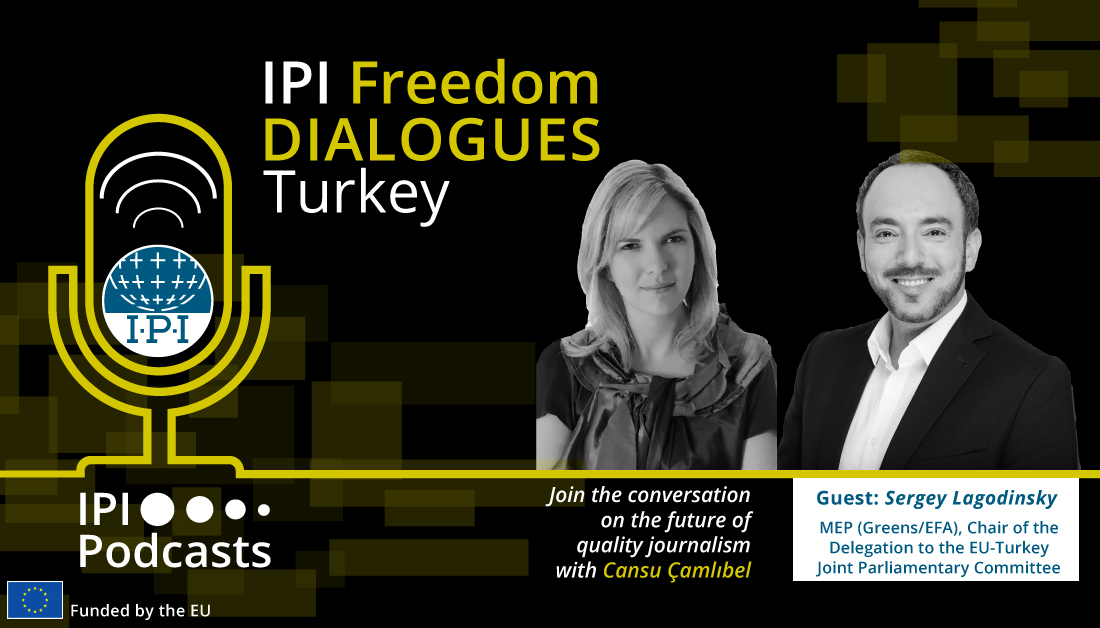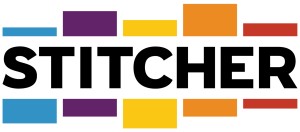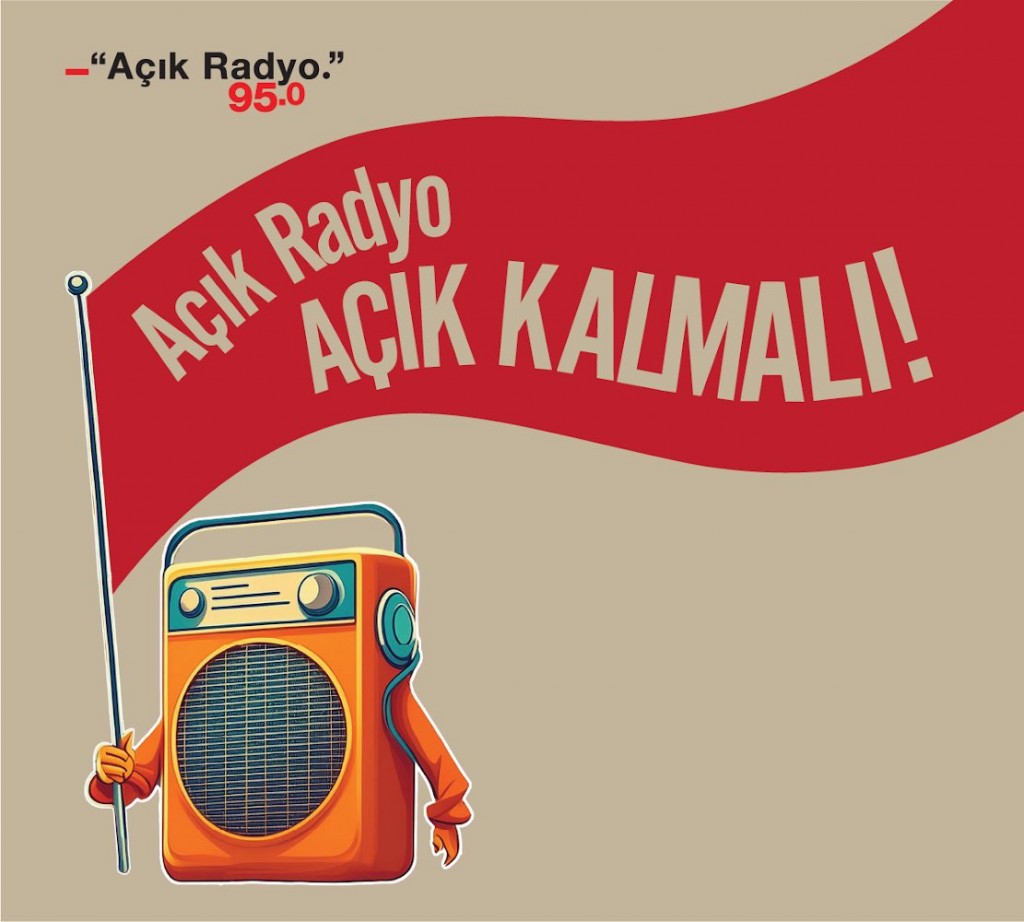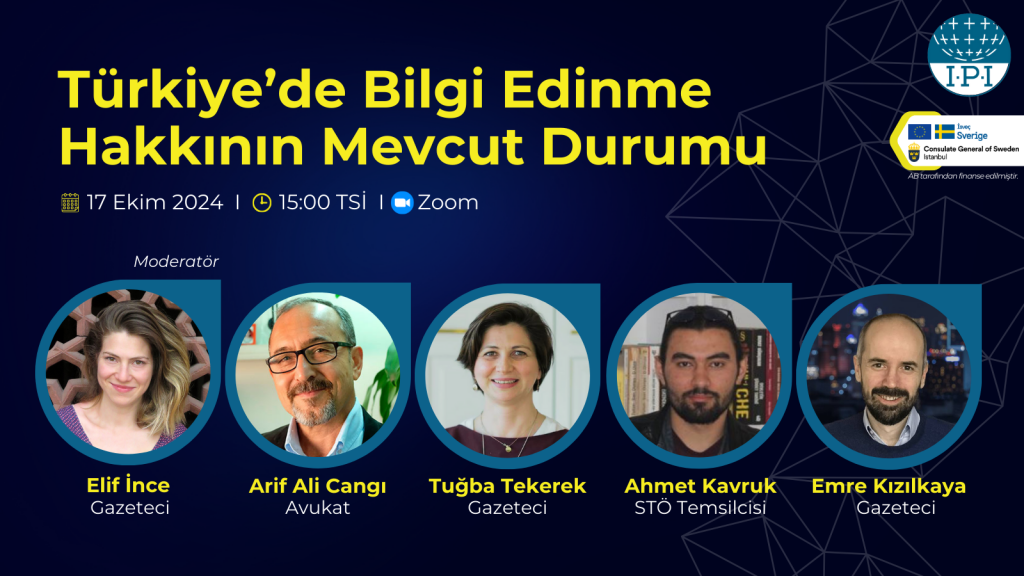Also available on:
The sixth episode of IPI’s podcast series IPI Freedom Dialogues: Turkey is out now!
In the sixth episode of IPI Freedom Dialogues: Turkey podcast, host Cansu Çamlıbel and her guest Sergey Lagodinsky, member of the EU Parliament (Greens/EFA) and the chairman of the delegation to the EU-Turkey Joint Parliamentary Committee on Legal Affairs, discussed the state of media and freedom of expression crisis in Turkey. Lagodinsky and Çamlıbel reviewed the topics ranging from the role of the Joint Parliamentary Committee to the newly passed social media law, which tightened the grip on social media, the last remaining platform for critical voices to reach the public.
Previous episodes of IPI’s Freedom Dialogues: Turkey podcasts are available here.
From 2005 to 2008, the formal negotiations between Turkey and the EU were at its peak. “Those are the romantic memories we share,” Lagodinsky said. “Nowadays the situation is much more complex and difficult. Since then, we have gone a long way backward..” According to Lagodinsky, even though COVID-19 plays a part in why the discussions are on hold at the moment, the vital reason is mostly political in the Turkish context.
In this episode, Lagodinsky shares his experience as the chair of the Joint Committee and what should be done to improve the relationship. He explains how this partnership would be beneficial for both parties and move Turkey forward in terms of freedoms of expression and the press. He then explains how 2018 German Social Media Law became dangerous and influenced many authoritarian governments.
Topics covered in the podcast include:
- What does the EU-Turkey Joint Parliamentary Committee do?
- Highs and lows of the debates between Turkey and the EU and its importance
- The differences between the Turkish and the German Social Media Laws in its own political context
- Lagondisky’s experience in courtrooms of Turkey
- The future of the EU and Turkey’s relations and what we should expect
About IPI Freedom Dialogues: Turkey
The International Press Institute (IPI) is proud to launch the new podcast series IPI Freedom Dialogues: Turkey, a platform for timely, vital conversations on press freedom, freedom of expression and the future of quality journalism. You’ll get the inside story from some of Turkey’s most trusted editors, journalists and relevant experts as they analyse and shed light on key journalism-related issues in Turkey for both local and international audiences. Episodes will be available in both English and Turkish.
As independent journalism in Turkey faces massive repression, its practitioners are fighting to keep the public informed and reinvent the profession to face the challenges to come. Hear from the experts.
IPI Freedom Dialogues: Turkey is hosted by Cansu Çamlıbel, editor-in-chief of the popular English language news site Duvar English and a member of IPI’s Turkey National Committee. Before joining Duvar, Çamlıbel was the U.S. correspondent of Hürriyet Daily News
Highlights from the episode (Sergey Lagodinsky):
- “The EU Commissions gets its act together when it is about oil and gas, and not when it is about human rights. We need to bring parties back to the table..”
- “I am a skeptic regarding the German social media law even within the German context. I am very careful with the tools that were introduced here in Germany and in other countries, because I know about the effect that might have in countries looking at the situation here in Germany.”
- “The trend is very similar to many other countries where you have an authoritarian regime, that means all other media have been either disciplined, or bought out by loyalists of the government. The only space for free exchange of news and opinions becomes the internet. We have this trend in Russia, Belarus now, and in Turkey.”
- “[in Turkey] We have witnessed the deterioration of judicial culture, we have seen how the judiciary has been dismantled, those who had more experience were replaced with younger and more loyalists.”
- “…This is about how we can serve our citizens better within the European framework and this European framework includes Turkey. To me, Turkish society is part of the European values and culture and of legal culture. That’s why I keep appealing to Turkish authorities to do everything possible to keep us together, not to tear us apart.”










